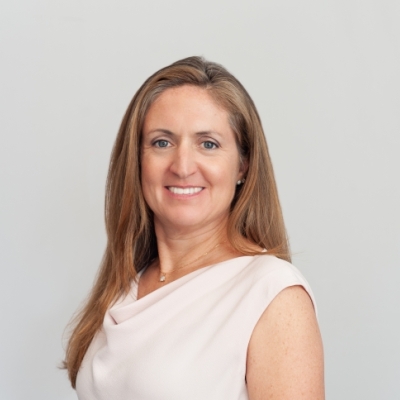There continues to be a lot of discussion around the idea of creating a ?common? curriculum to supplement the Common Core State Standards. Robert Pondiscio over at Core Knowledge applauds the move, arguing that, while the CCSS are ?praiseworthy,? they are ?not a curriculum?and are unlikely to amount to much?in the absence of a shared curriculum.? ?Tom Vander Ark cautions that moving to adopt a traditional curriculum is a mistake and that we should be thinking not about common curriculum, but rather about ?uncommon? delivery system that provides ?fully customized engaging learning sequences for every student.? (If you haven't already, it's also worth reading Pondiscio's scathing take-down of Vander Ark's idea.)
Unfortunately, I still think that these debates are missing the point, and potentially distracting states from allocating their now very scarce resources towards policies that have the potential to much more dramatically impact student achievement.
It's worth noting that, as a former curriculum director, I am a strong believer in the transformative power of curriculum. It is essential.
But, I sincerely believe that making curricular decisions at the state or?even worse?national level is a mistake. States would do better to create or adopt rigorous assessments and a strong state accountability system, and then to devolve ownership over student achievement results?and that includes curricular decisions?as closely as possible to the classroom.
Heading up the curriculum and professional development team at Achievement First, one of our early missteps was to focus on mandating?or at least very strongly recommending?curriculum decisions. Our elementary math program, for example, was Saxon math. We feared deviating from it. It was a proven model, after all, and we'd seen it succeed in action.
We learned pretty quickly, however, that mandating Saxon was a mistake. Not because it wasn't a good program, but rather because, by focusing our energies on convincing teachers and principals to use a particular curriculum, we were, on some level, taking ownership over student achievement results from teachers and principals and shouldering it ourselves. After all, if teachers were merely implementing required programs?programs they didn't feel they had the authority to deviate from?then how could they be held accountable if student achievement results didn't naturally follow?
In my second year at AF, a group of elementary principals came together and essentially asked to take that power back. They didn't want to use Saxon; they wanted to use Everyday Math, a program they were convinced was going to lead to better results for our students. (For anyone who knows anything about the math wars, you know that choosing between Saxon and Everyday Math isn't the same thing as choosing between having steak and a hamburger for dinner. It's more like choosing between having steak and gouging your eyes out with toothpicks. From an instructional and philosophical standpoint, they're as different as they come.)
We agonized over this decision. We set up pilots rather than let everyone switch programs. We were cautious.
While I'm sure that sounds like the right approach?it certainly did to us at the time?we quickly realized that we were wrong. For lots of reasons, but one in particular.
In short, it soon became clear that if you bring together a group of smart, dedicated teachers and principals who are willing to do whatever it takes to make sure kids can learn, they are going to succeed. These educators wanted to make Everyday Math work. And, since they knew that they were being held accountable for making it work?and they clearly understood the measures we were going to use to judge student learning?they did. (Incidentally, they made it work by very deliberately filling gaps in the program?a story for a different day.) So the success of the program had more to do with the teachers implementing the program than the curriculum itself.
The lesson now seems simple: a gold star curriculum in the hands of a mediocre teacher will inevitably yield mediocre results. By contrast, a mediocre curriculum in the hands of a gold star teacher will yield outstanding results.
In the end, the teacher makes more of a difference than the program. (We saw this time and time again across the network. Whenever we had curricular shifts, the teachers who demonstrated the greatest student achievement gains were always the same, regardless of the program.)
I think the lesson for states is equally simple. We cannot prescribe curricular solutions to instructional problems. And, the most effective way states can help diagnose instructional problems is to ensure that there are rigorous statewide assessments that are tied to accountability at all levels. Focusing prematurely on curriculum before laying this critical assessment and accountability groundwork will do no more to ensure all students learn ?common,? rigorous content than the adoption of the Common Core State Standards on its own would do.
--Kathleen Porter-Magee
